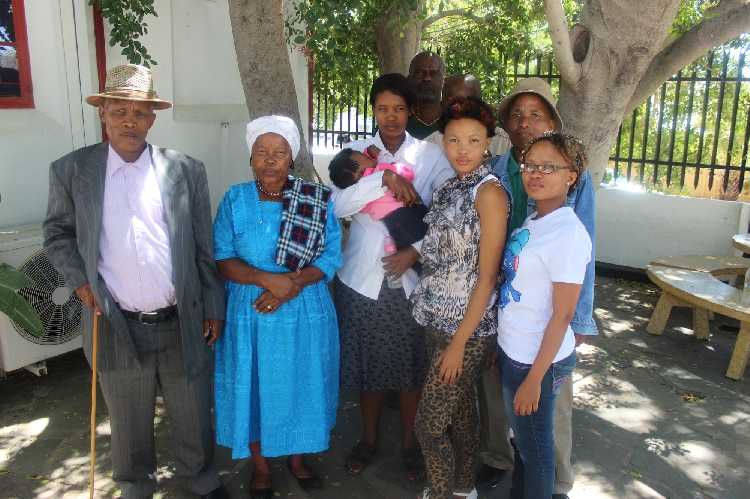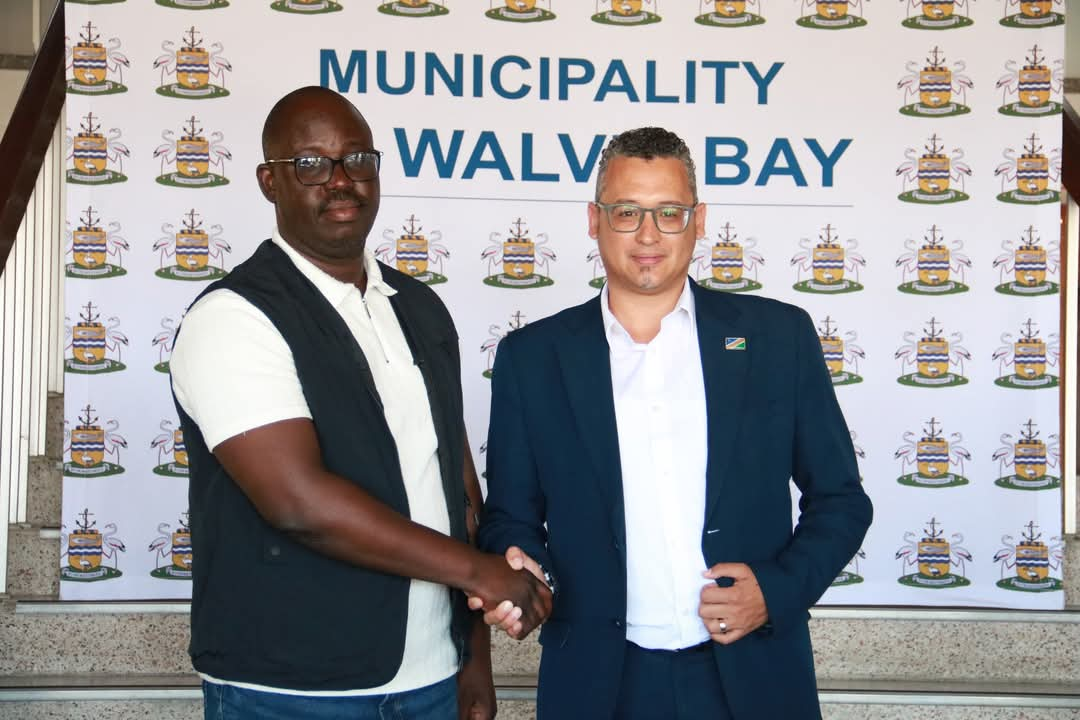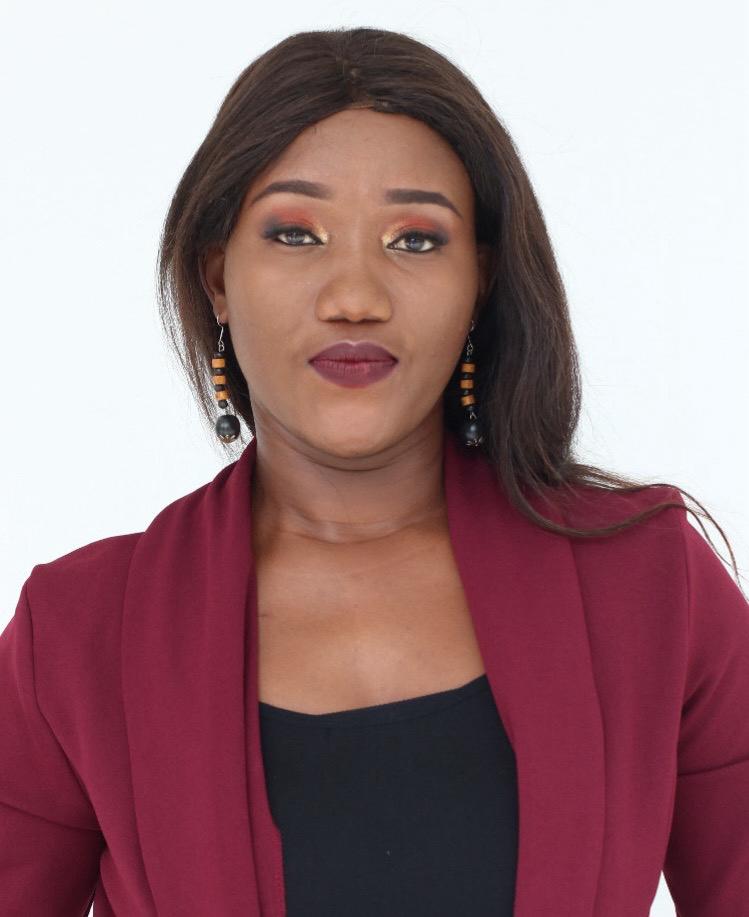A SAN tribal group of about 7 500 people from the Omaheke region’s Eiseb Block says it wants government to recognise them as a traditional authority as they are currently excluded from privileges such recognised groups are given.
The Naro clan’s designated chief Jacob Dabe, who is currently in Windhoek to engage with several civil society organisations including the Legal Assistance Centre, yesterday said they have written to the Omaheke Regional Council, and have made their key demands known.
“I think that we have reached the minimum number of people required by government to be recognised as a traditional authority in our own right,” said Dabe. A tribal group must consist of at least 3 000 people in order to be recognised by government. The group said due to this non-recognition, they have lost direction and their identity, as they feel they do not fall under any of the existing San groups which are already recognised, such as the #Khao-//Aesi and !Xoo Traditional Authorities.
“We do not even know what to tell our children when they ask us which group we fall under because the other recognised groups are excluding us,” stressed traditional councillor Mathilde Nunuhes. Nunuhes is one of the people who is accompanying her chief during the engagements with NGO’s, where they hope they will get some help to have their rights recognised.
As a result of not being registered with the ministry of local government, Dabe’s chieftaincy is also not yet recognised.
“We are a people with a diverse culture and dialect which is different from other existing San groups, and we feel that the time is ripe for us to also be counted,” Dabe noted.
In a letter addressed to the chairman of the Naro Steering Committee dated 19 April 2016, Omaheke governor Festus Ueitele acknowledged the group’s application for recognition, but requested them to submit the name of the designated chief, accompanied by his identity documents, the area of jurisdiction, the succession line to be indicated and the current locality where the clan finds themselves and their leadership.
Asked if they have since met Ueitele’s conditions, the Naro clan’s organisatonal development worker, Manfred Jacobs, said they were working on fulfilling them.
Stay informed with The Namibian – your source for credible journalism. Get in-depth reporting and opinions for
only N$85 a month. Invest in journalism, invest in democracy –
Subscribe Now!










